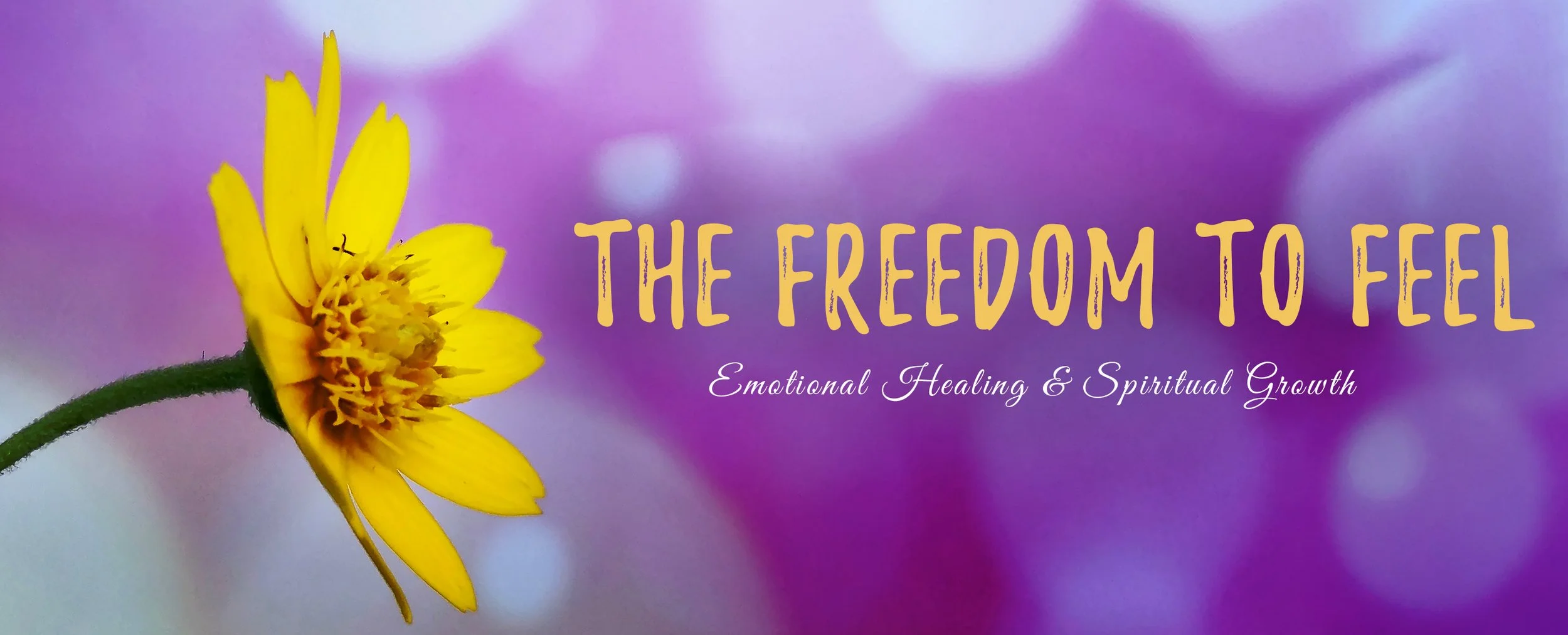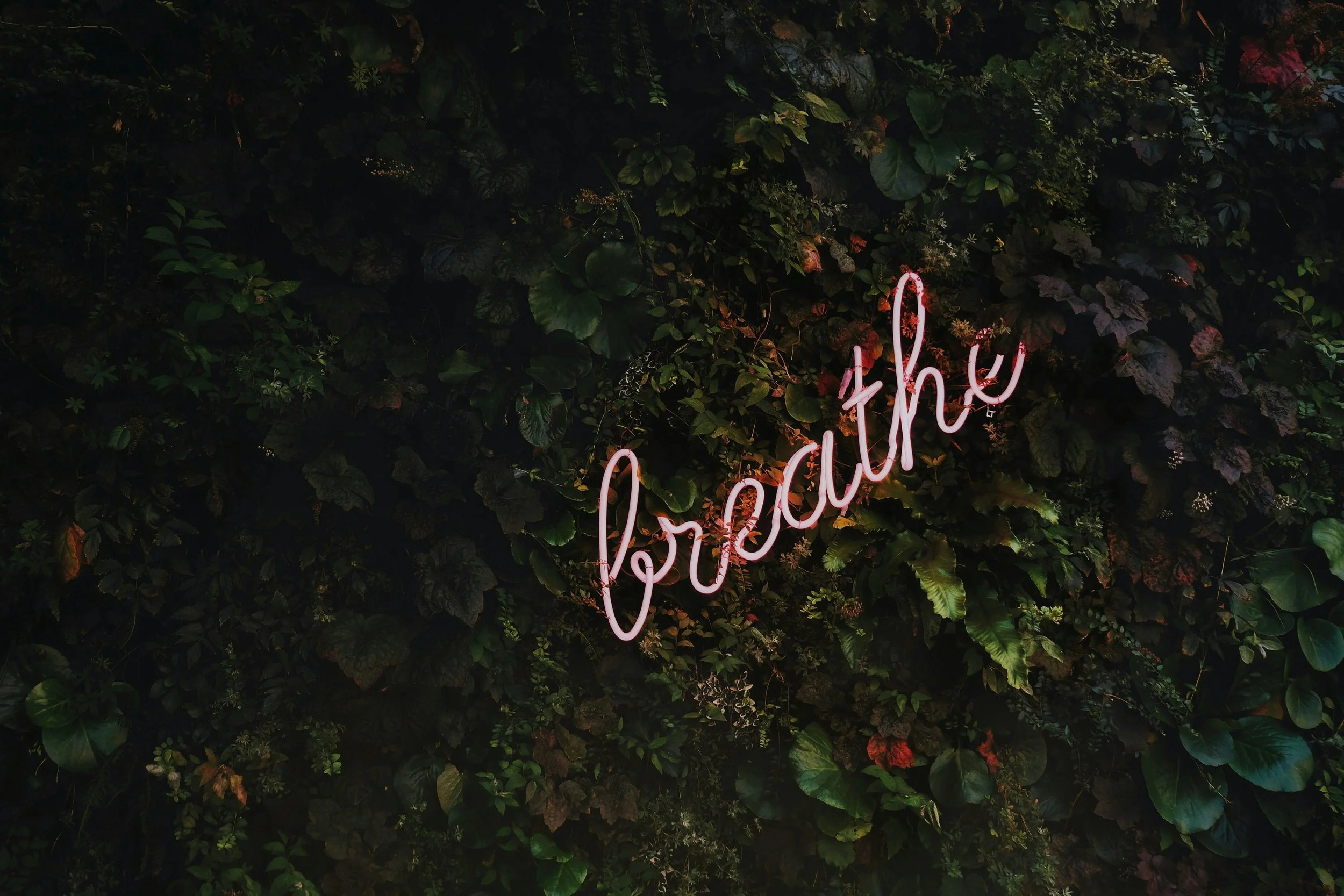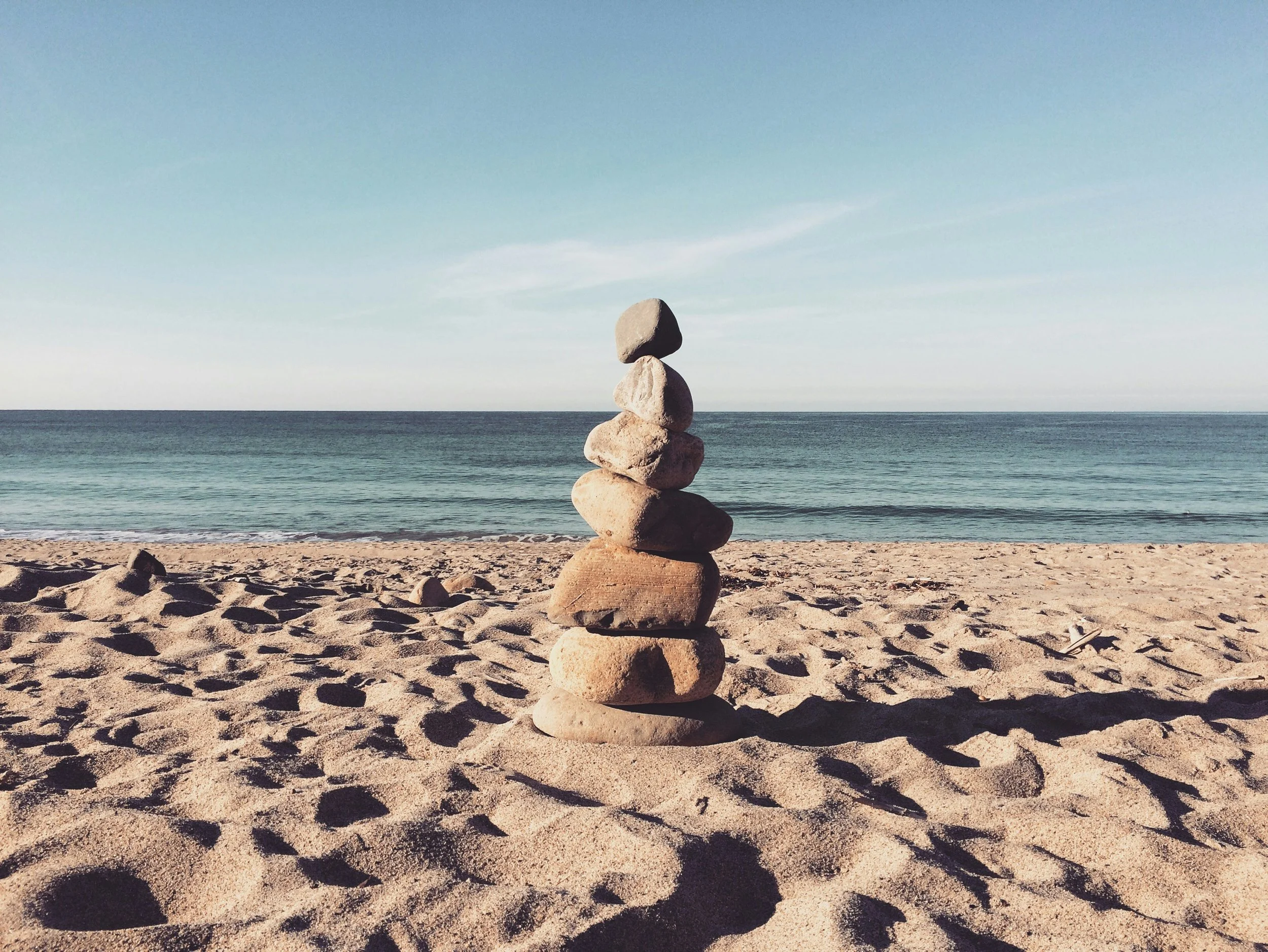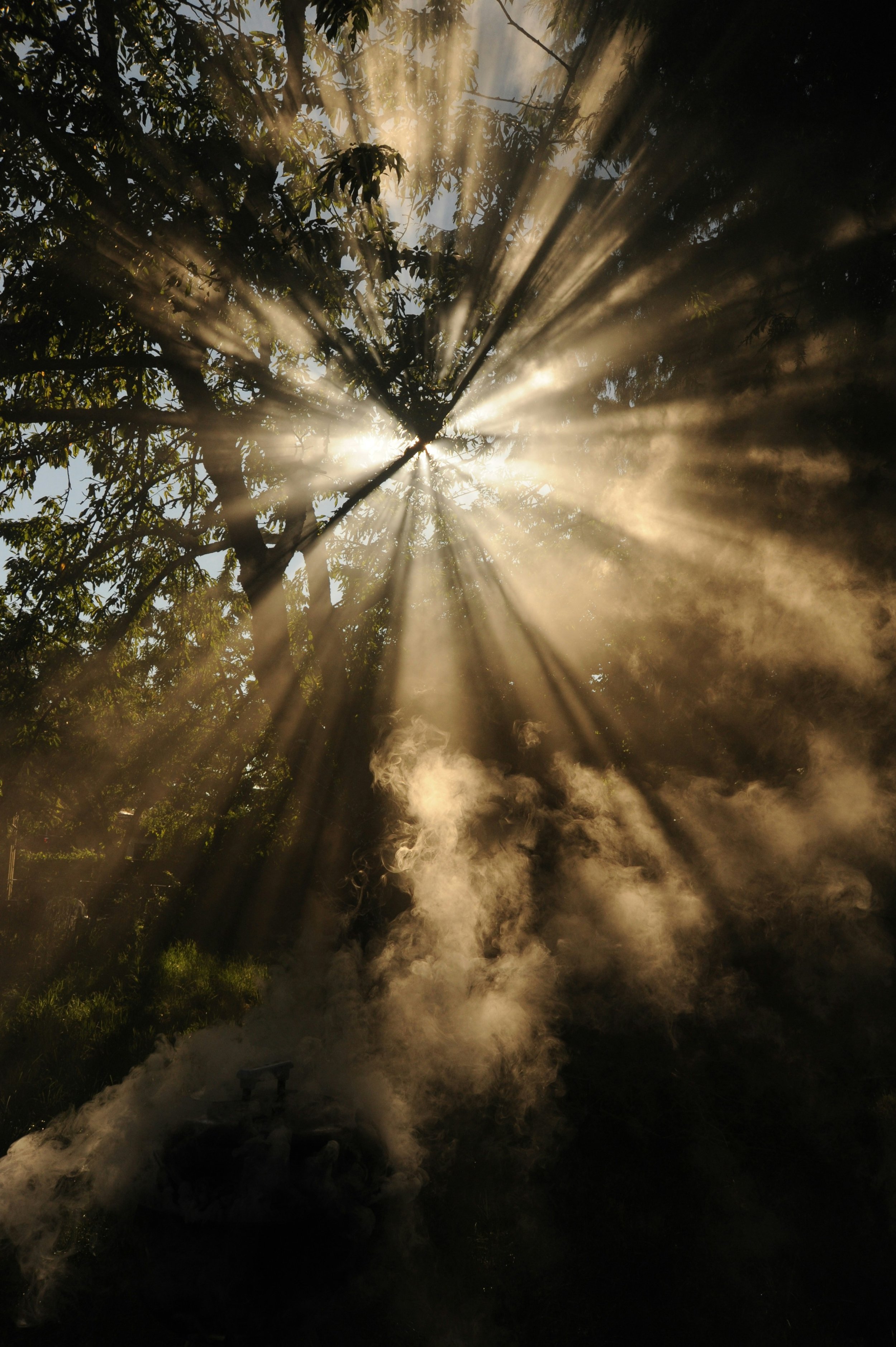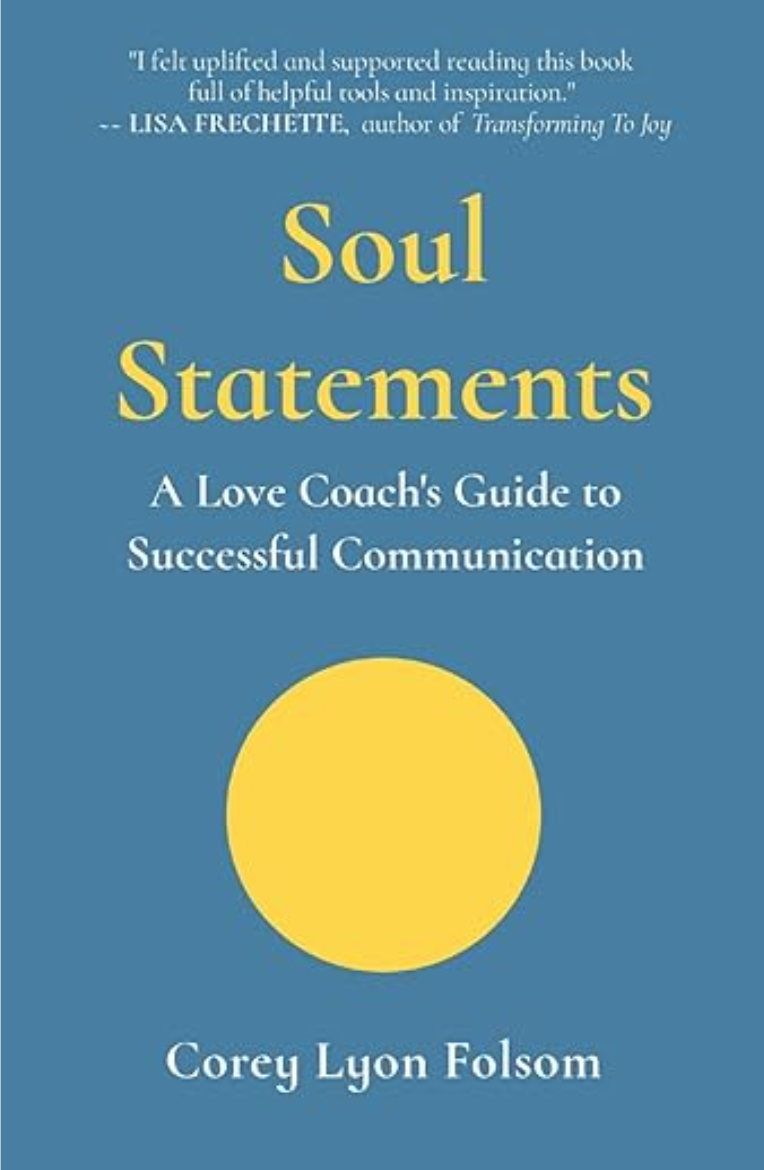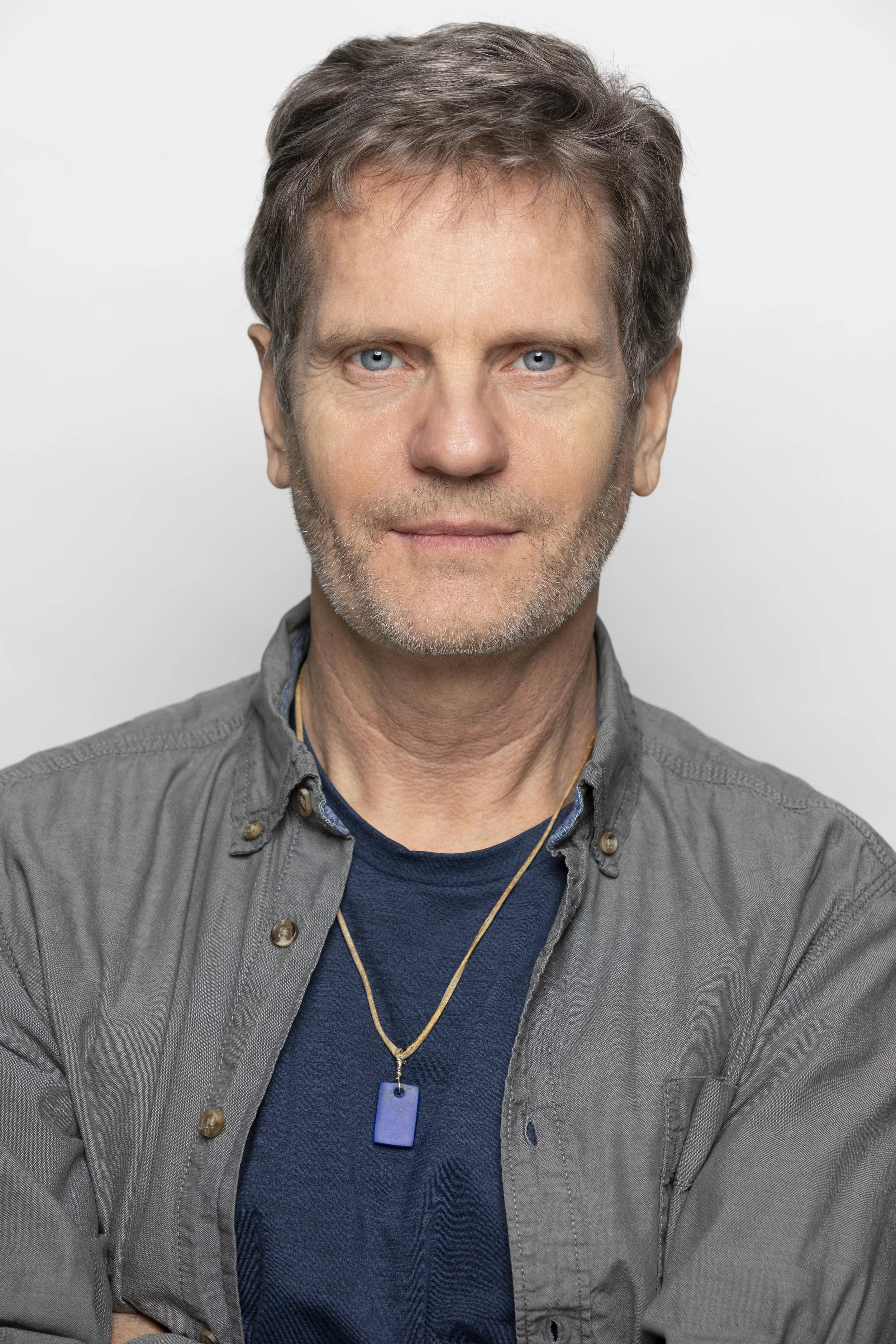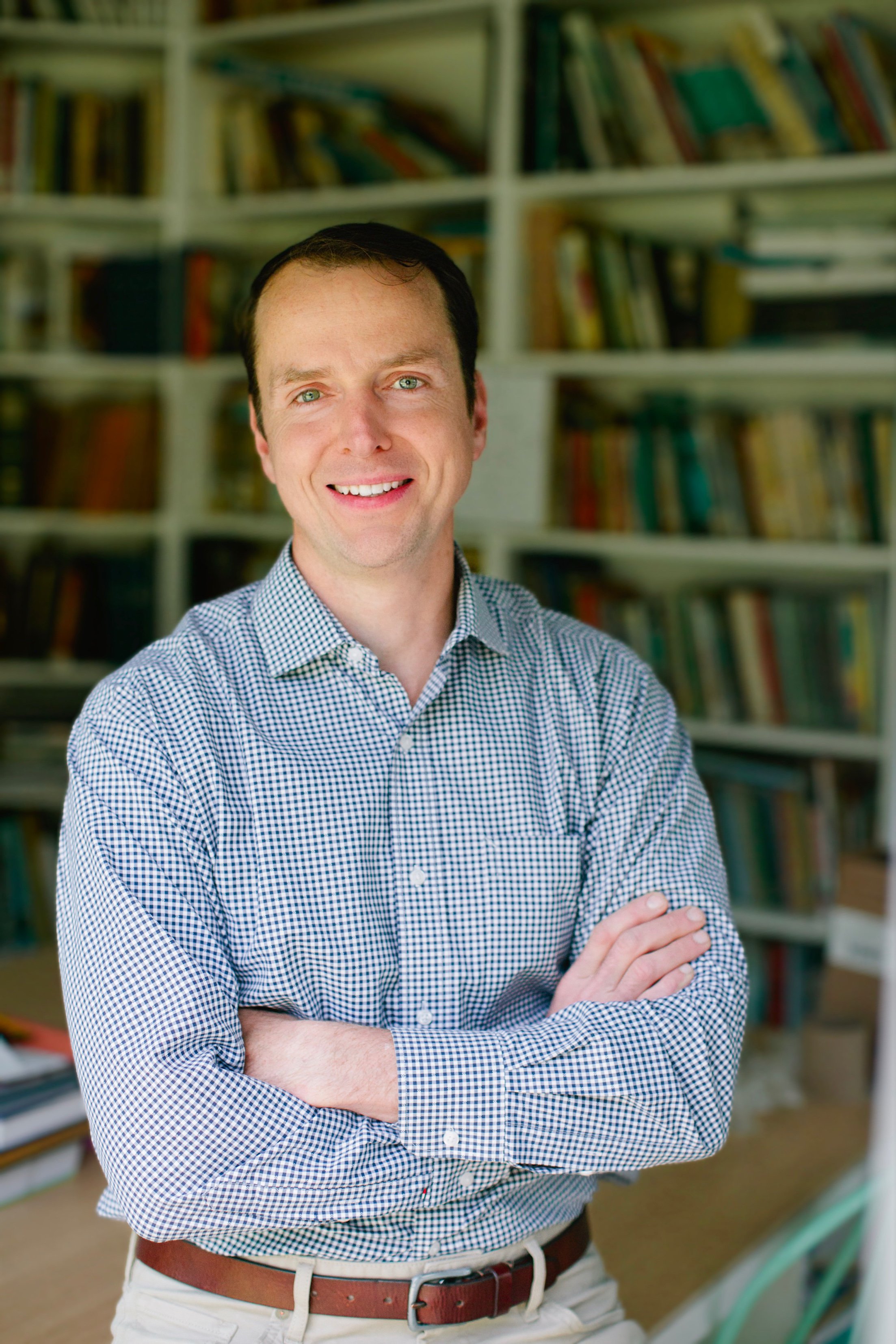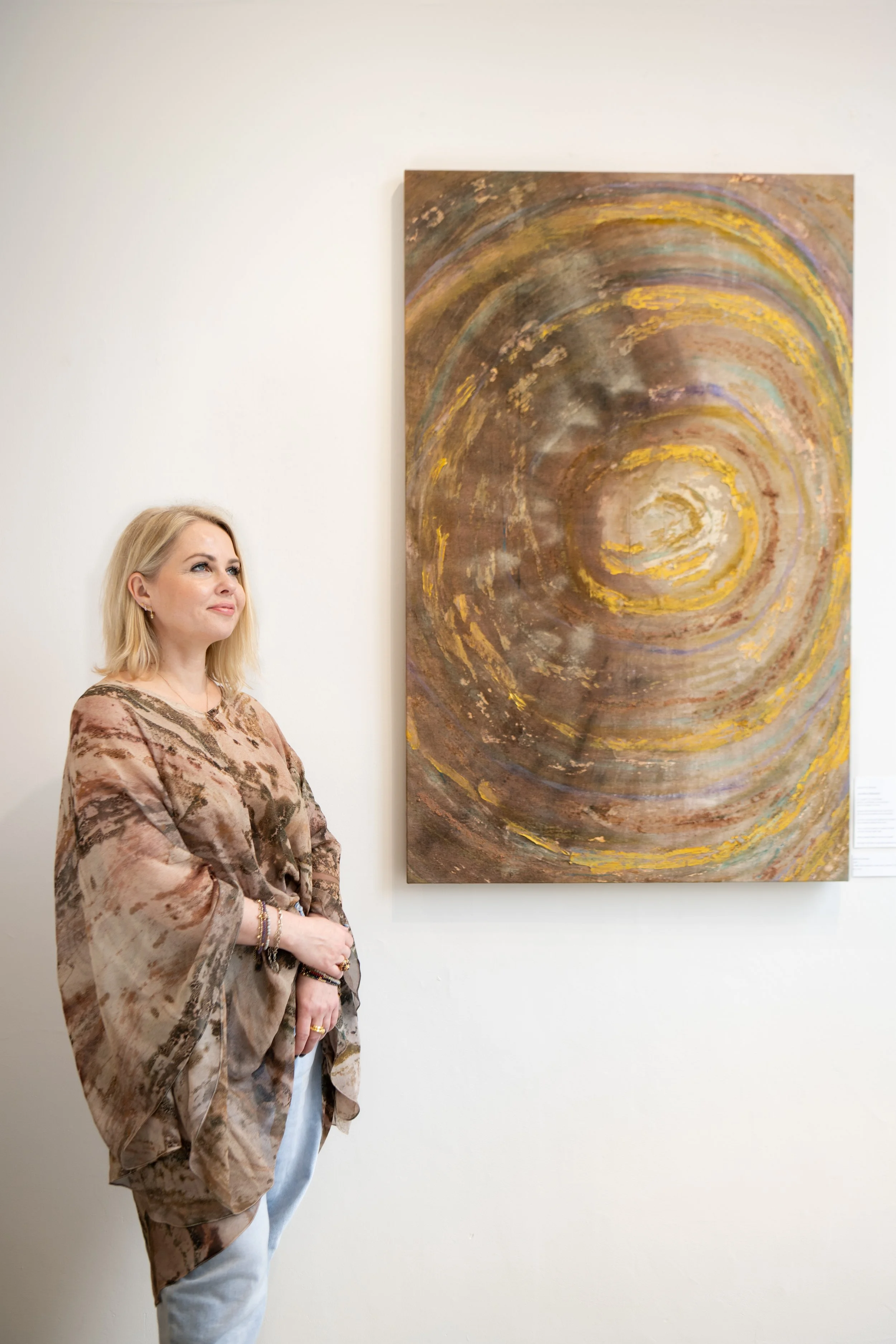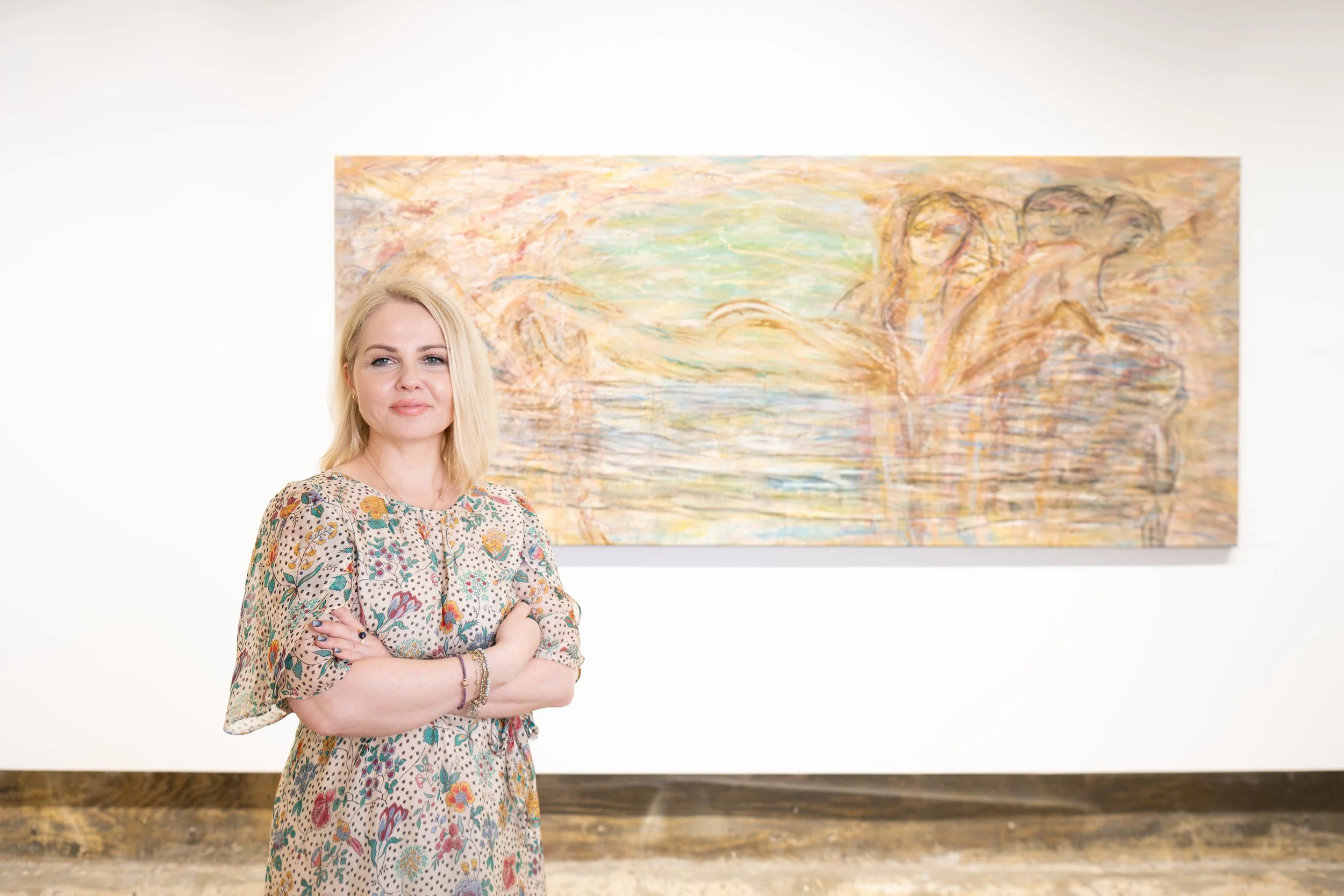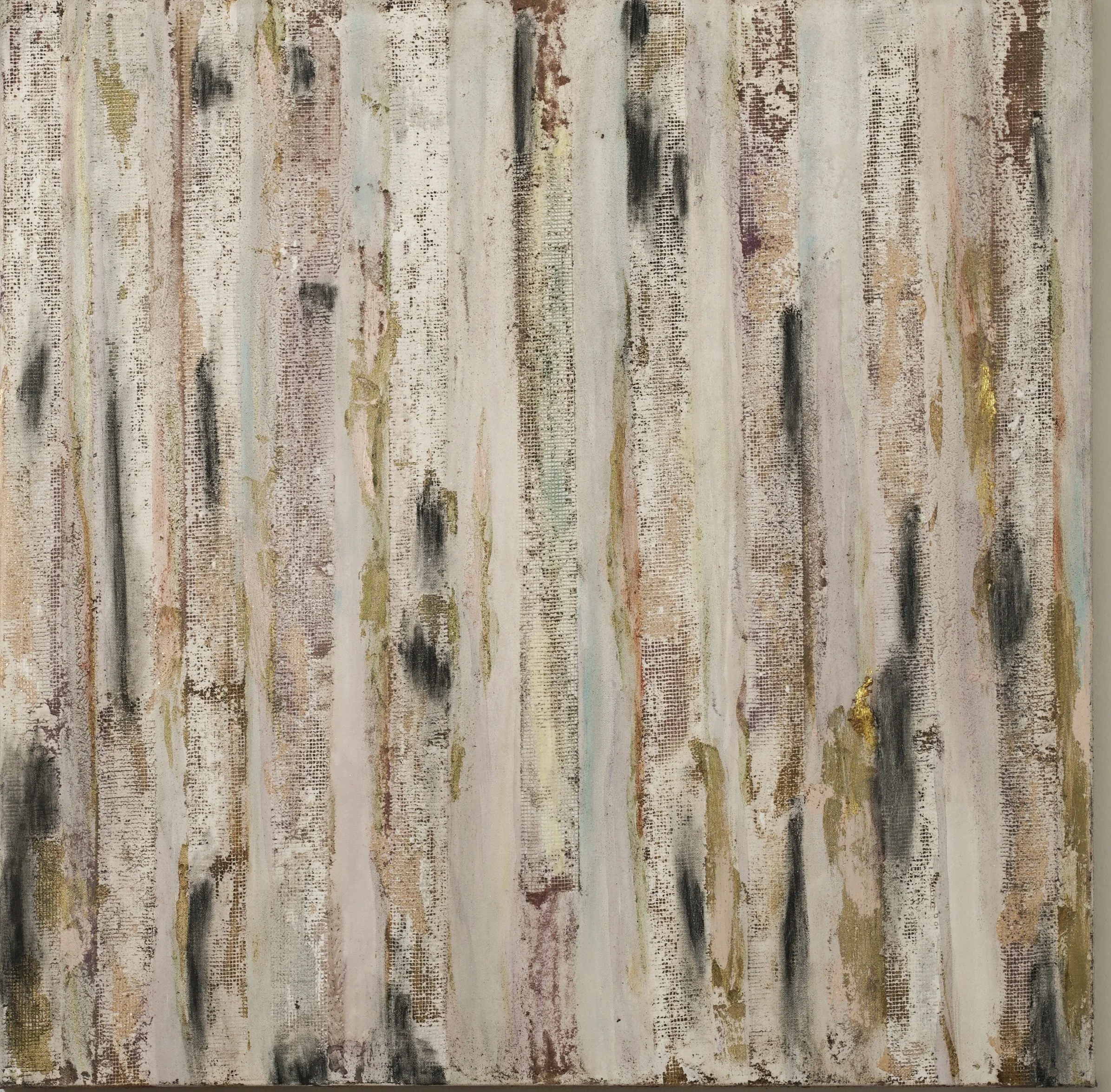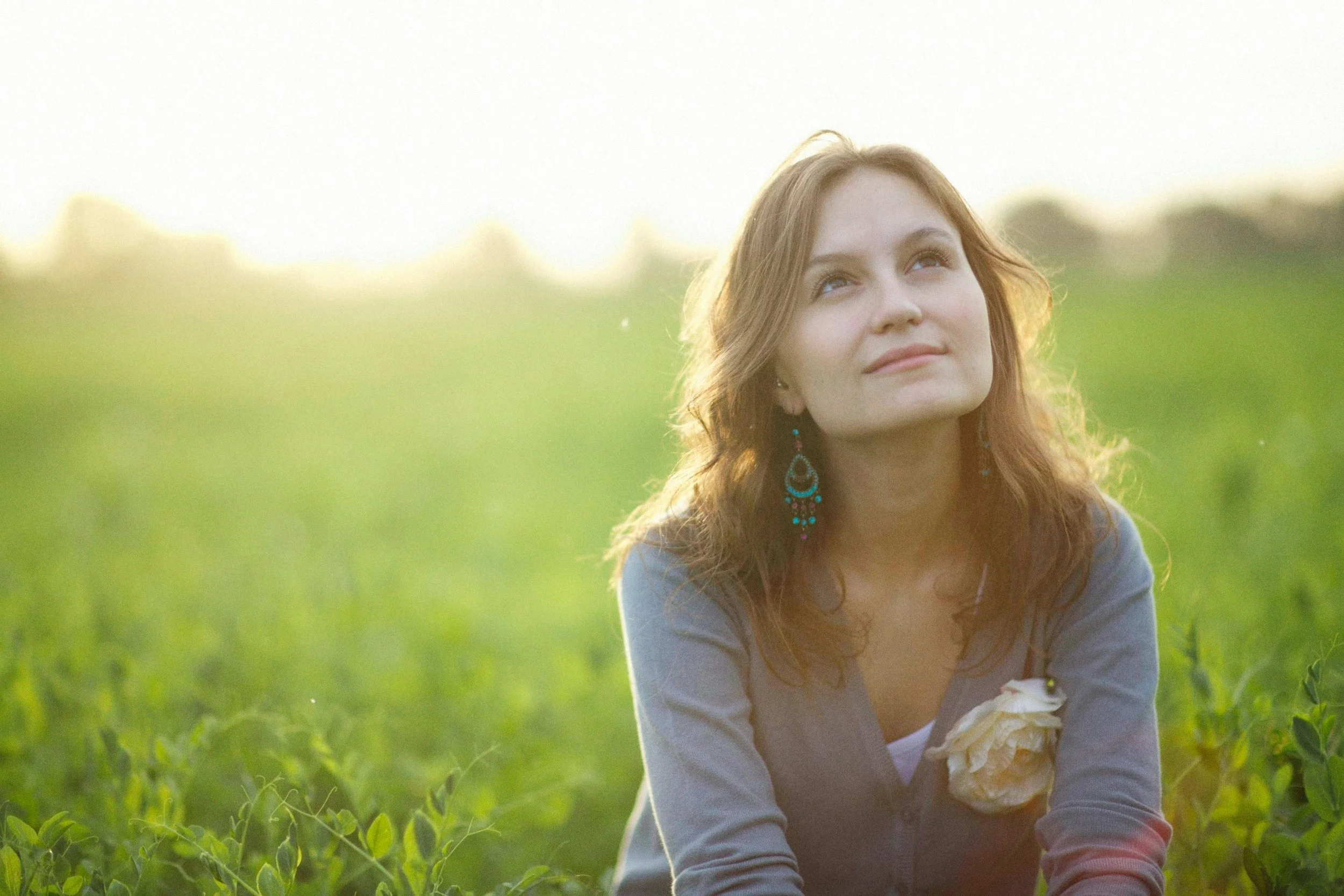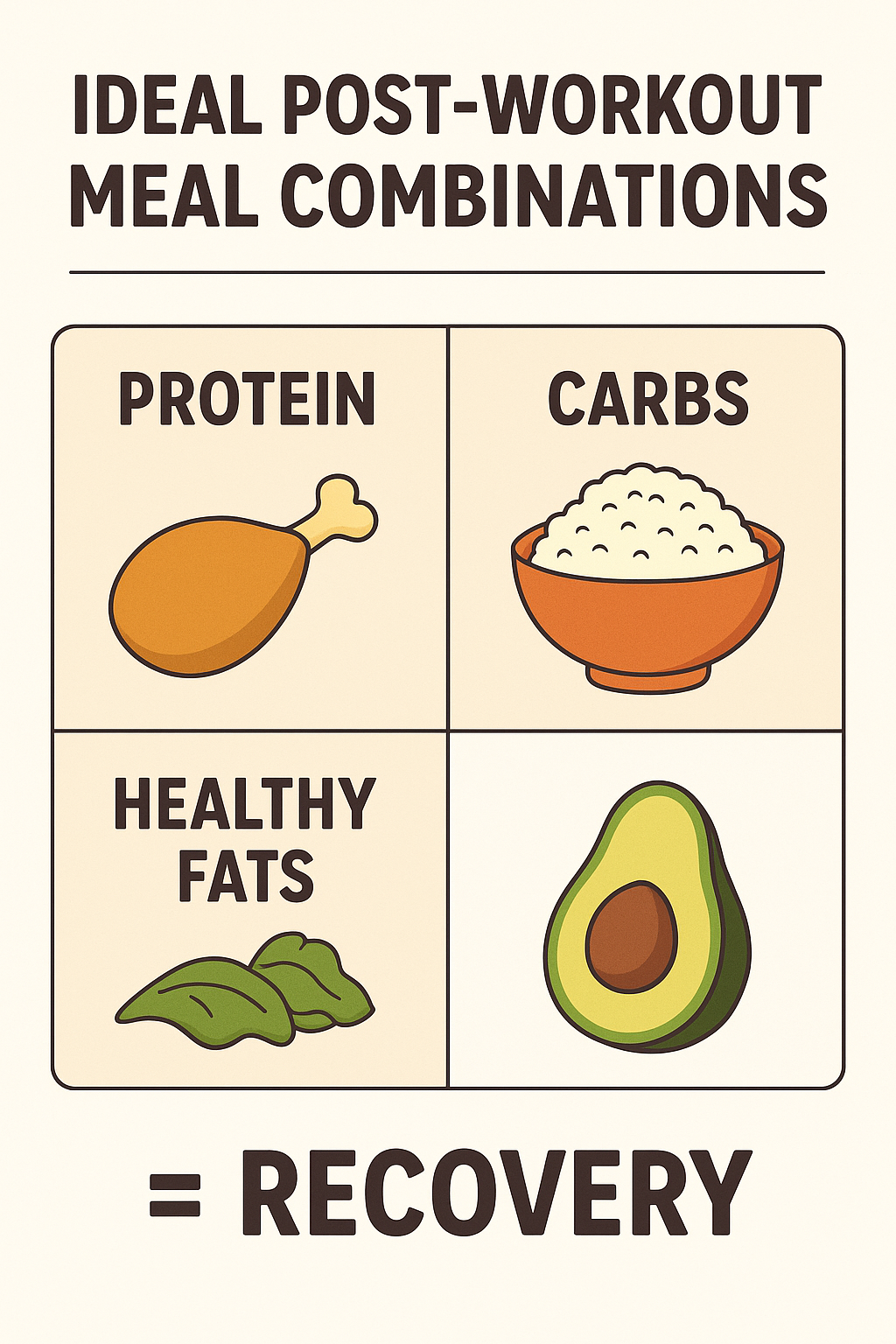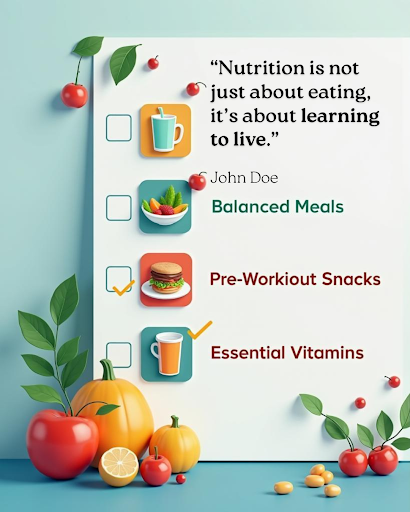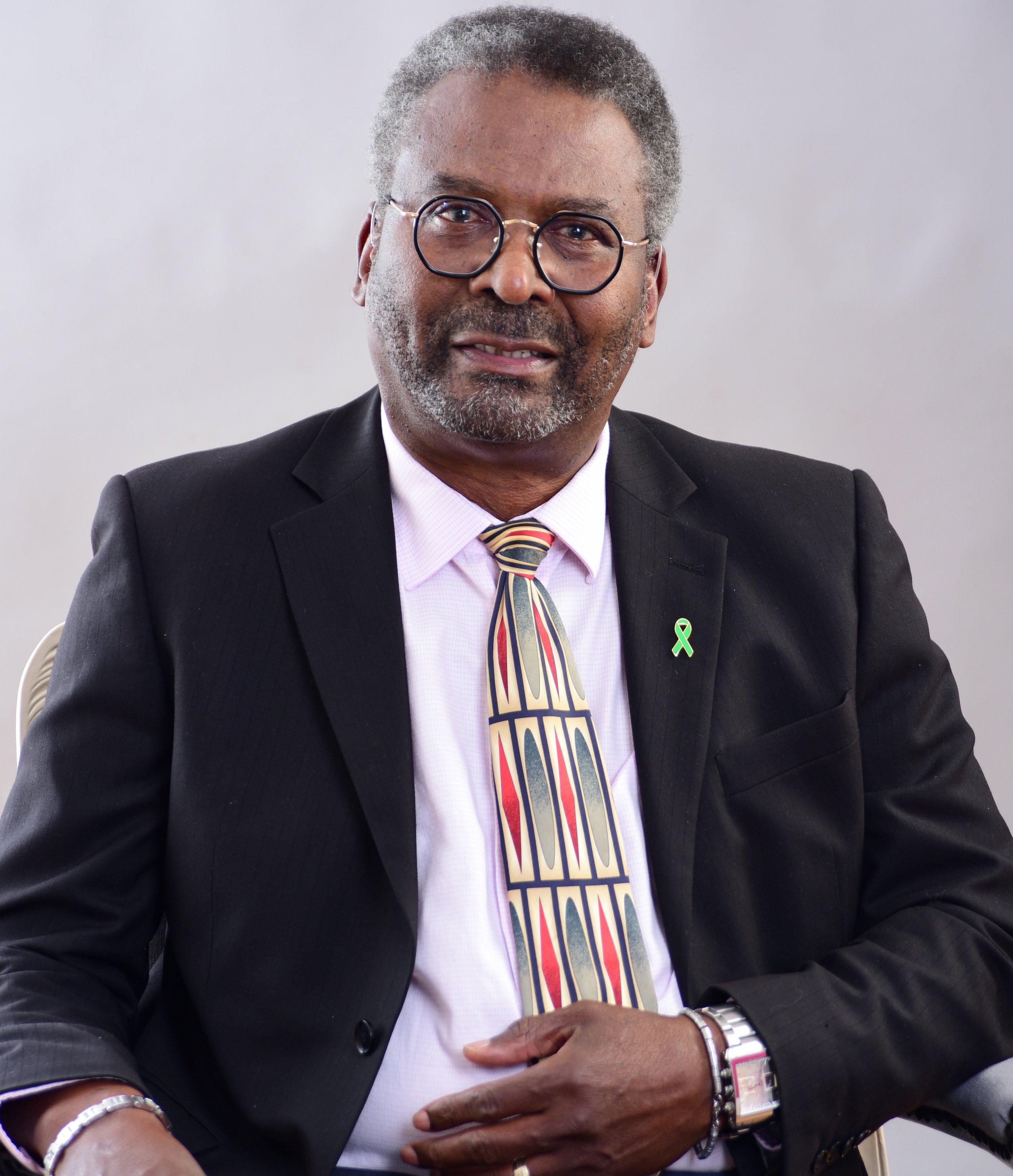Respiratory therapy programs often appeal to people who want a healthcare career where every breath truly matters.
I still remember standing in a hospital hallway watching a therapist calmly coach a frightened patient through slow breathing after surgery.
That moment stuck with me because the room felt tense one second and peaceful the next.
It showed me how powerful proper breathing support can be when someone is struggling to breathe.
Choosing a path in respiratory care is rarely about prestige or spotlight.
It is usually about purpose, stability, and the quiet satisfaction of helping someone breathe easier.
People who enter this field often describe a strong pull toward patient-focused care rather than desk-based healthcare roles.
They seek hands-on work, visible impact, and a skill set that saves lives in real-time.
Many students also appreciate that respiratory care blends science, technology, and compassion into one practical profession.
The learning curve is real, but the reward is immediate when patients respond to treatment.
Healthcare careers can feel abstract when outcomes are delayed.
Breathing support is different because results often appear within minutes.
That immediacy is what draws many people to training in this field.
For anyone exploring education options, understanding what respiratory therapy programs actually involve makes the decision clearer.
These programs are not just about machines and numbers.
They are about people, pressure, calm decision-making, and trust.
Students learn how to read a patient’s breathing like a language.
Every wheeze, pause, or rapid inhale tells a story.
By the second semester, many students realize they are learning how to listen with more than their ears.
After seeing the real-world impact of clinical training, many learners choose to explore accredited respiratory therapy programs that balance classroom knowledge with hands-on experience.
That combination matters because respiratory care cannot be mastered through textbooks alone.
Clinical exposure teaches situational awareness that no lecture can replicate.
WHAT YOU ACTUALLY LEARN INSIDE RESPIRATORY CARE EDUCATION
Training in respiratory care focuses heavily on cardiopulmonary health and critical thinking.
Students study lung anatomy, oxygen delivery systems, ventilator management, and patient assessment.
They also learn how respiratory conditions affect the heart, brain, and overall circulation.
One instructor once explained it like this.
If oxygen is fuel, the lungs are the delivery system.
When delivery fails, every other system struggles.
That framing helped many students understand why respiratory professionals are present in emergency rooms, intensive care units, and neonatal wards.
Coursework often includes arterial blood gas interpretation, airway management, and pharmacology related to inhaled medications.
These subjects sound intimidating at first.
Over time, patterns emerge, and confidence builds.
Simulation labs play a huge role in preparing students for real scenarios.
I watched a classmate freeze during a mock code blue on the first day of lab.
By the end of the term, that same student was calmly adjusting oxygen flow while communicating clearly with the care team.
Growth like that happens fast when training is immersive.
Clinical rotations add another layer of realism.
Students rotate through hospitals, sleep labs, and long-term care facilities.
Each environment teaches different patient needs and pacing.
Busy trauma centers teach speed and prioritization.
Long-term facilities teach patience and relationship-building.
Both are essential skills for long-term success.
WHY PURPOSE-DRIVEN PEOPLE CHOOSE THIS PATH
Many people who pursue respiratory care have a personal connection to breathing challenges.
Some grew up with asthma.
Others supported family members on oxygen therapy.
A few experienced respiratory failure firsthand and want to give back.
These stories create strong motivation during demanding coursework.
Purpose matters when exams pile up, and clinical shifts start early.
This field also attracts people who prefer meaningful interaction over routine tasks.
Respiratory therapists often spend extended time with patients during vulnerable moments.
Helping someone learn to breathe without panic builds trust quickly.
That trust is deeply fulfilling for caregivers who value human connection.
Job stability is another factor that cannot be ignored.
Respiratory care remains essential across healthcare settings.
Demand increases during flu seasons, respiratory outbreaks, and aging population trends.
Graduates often feel reassured knowing their skills are consistently needed.
Unlike some healthcare roles, respiratory care offers flexibility in work environments.
Hospitals, outpatient clinics, home care services, and rehabilitation centers all rely on trained professionals.
This variety prevents burnout and supports long-term career satisfaction.
REAL-LIFE SKILLS THAT EXTEND BEYOND THE HOSPITAL
One unexpected benefit of respiratory training is how it changes everyday awareness.
Students often mention noticing breathing patterns everywhere.
They catch themselves coaching friends through anxiety-induced shortness of breath.
They recognize early signs of respiratory distress in public spaces.
These instincts develop naturally through repetition and exposure.
Stress management also improves because breathing techniques become second nature.
I once used controlled breathing learned in training to calm myself before a high-pressure exam.
It worked better than any study trick.
That skill transfers into personal life more than people expect.
Communication skills are also sharpened through patient interaction.
Explaining complex concepts in simple language becomes routine.
That ability helps not only patients but also families who are scared and confused.
Empathy grows through exposure to diverse patient backgrounds.
Each clinical rotation teaches humility and respect for different life experiences.
These soft skills are often overlooked but define excellent respiratory care providers.
CAREER OUTLOOK AND LONG-TERM GROWTH
The career path after graduation does not end at entry-level practice.
Many professionals pursue advanced certifications in critical care or neonatal support.
Some move into education or clinical leadership roles.
Others specialize in sleep medicine or pulmonary diagnostics.
The foundation built during training allows for steady professional growth.
Continuing education is part of the profession, but it keeps skills sharp and relevant.
Technology evolves, and respiratory care evolves with it.
Ventilation systems, monitoring devices, and treatment protocols continue to advance.
Those who enjoy learning tend to thrive long term.
Financial stability also improves with experience and specialization.
While no healthcare role is without stress, respiratory care offers balance through meaningful outcomes.
Seeing a patient recover enough to breathe independently never loses its impact.
That moment reminds professionals why they chose this path in the first place.
IS THIS THE RIGHT DIRECTION FOR YOU
People considering this career often ask one key question.
Can I handle the responsibility of managing someone’s breathing?
The answer usually becomes clear during clinical exposure.
Those who feel energized rather than overwhelmed tend to succeed.
Compassion, attention to detail, and calm under pressure matter more than perfection.
Mistakes become learning opportunities when supported by strong training.
If you are drawn to hands-on care, science-based problem-solving, and patient advocacy, this field offers a meaningful route.
It rewards dedication with purpose and practical impact.
Breathing is something most people take for granted.
Supporting it professionally changes how you see healthcare and humanity.
That perspective is what keeps purpose-driven caregivers committed for years.

